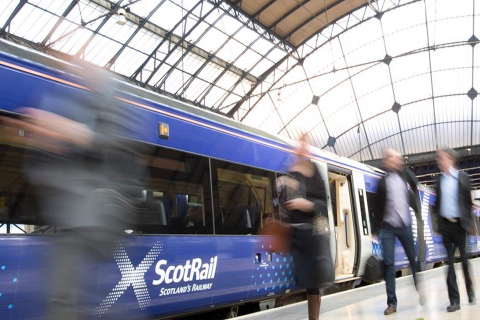UK government threatens to turn off on-train wifi

No trains, late trains and cancelled trains. The British commuter is prepared to put up with a lot. Then the government said we’ll cancel your wifi. That has proved to be a signal passed at danger for the travelling public. A radical cost cutting programme has hinted that trains in England could lose wifi provision because the Department for Transport says wifi is a low-priority for passengers, and it wants to deliver the best possible value for money on the tracks. That may be a huge misjudgement, and the ministers in Westminster may be forced to make that most awkward of manoeuvres – a railway u-turn.
Want to read more?
You have read all of your free premium articles for this month. Please become a subscriber to keep reading.
Subscribe now!
Take advantage of our exclusive offer to get full access to all premium content.





The alternative is of course online access via the smartphones directly. To improve that, train operators would have to install microwave-transparent windows. But even then, passengers would still be able to access only closer masts than with antennas of a centralized wifi-linked antenna on the train’s roof. That would mean less bandwidth (shared by all passengers) und more masts.
So that would end up with a worse service at higher costs to society and probably also to users.